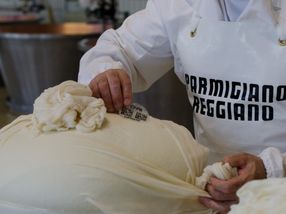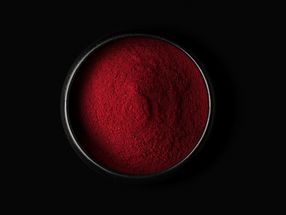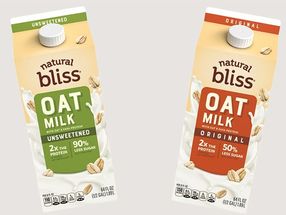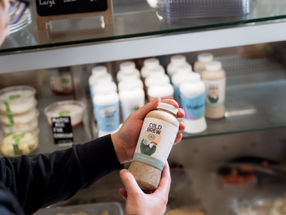Nestle Says Maggi Noodles Samples Clear Tests In India
Nestle India Friday said the latest laboratory reports have confirmed that its Maggi noodles are safe and contains lead well below the permissible limits. As per the order of the Bombay High Court, the company has tested 90 samples of its six variety of noodles at three different laboratories.
A few months back, Indian Food Safety and Standards Authority has banned Maggi instant noodles as it found excessive lead in its tests. However, the court has lifted the ban and directed the company to test samples in labs accredited by National Accreditation Board for Testing and Calibration Laboratories.
Nestle that enjoyed more than 80 percent of the instant noodles market in India had to recall around 2500 truckloads or 27,420 tonnes of noodles worth around $68 million. Further, the Swiss - based company was sued by the regulator for unfair trade practices. Nestle has been maintaining that its noodles are safe.
On Friday, the company said it has conducted more than 3500 tests representing 200 million packs in accredited labs in India and abroad and all reports were clear.
The company said it is committed to reintroduce the brand and would start selling the products only after getting a clearance from the accredited laboratories. (dpa-AFX)
Most read news
Other news from the department research and development

Get the food & beverage industry in your inbox
From now on, don't miss a thing: Our newsletter for the food & beverage sector brings you up to date every Tuesday and Thursday. The latest industry news, product highlights and innovations - compact and easy to understand in your inbox. Researched by us so you don't have to.
Most read news
More news from our other portals
See the theme worlds for related content
Topic world Food safety
Food safety is at the heart of the food and beverage industry. It ensures that the food we eat every day is not only nutritious, but also free of harmful contaminants. From field to plate, the industry monitors and regulates every step of the process with strict quality controls, advanced testing methods and continuous research.

Topic world Food safety
Food safety is at the heart of the food and beverage industry. It ensures that the food we eat every day is not only nutritious, but also free of harmful contaminants. From field to plate, the industry monitors and regulates every step of the process with strict quality controls, advanced testing methods and continuous research.






























































